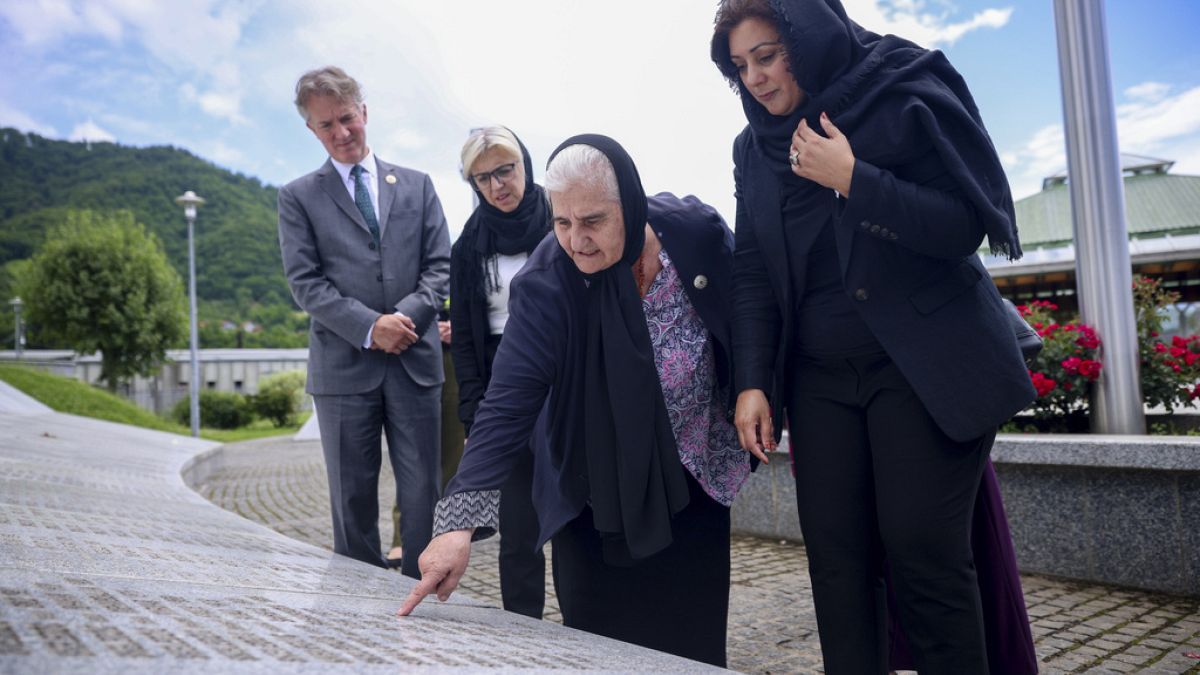The leader of Bosnia’s Serb-controlled territory has threatened to secede from the Balkan country ahead of a UN vote on establishing an annual memorial day for the 1995 Bosnian genocide. The proposed resolution has sparked protests and lobbying campaigns against it by leaders who claim it would unfairly label all Serbs as genocidal. However, relatives of the victims believe that the vote is crucial in ensuring that the tragic events of 1995 are not forgotten or denied. The resolution is supported by Western states like the US, France, and Italy but faces opposition from Serbia and its allies Russia and China.
On July 11, 1995, Bosnian Serbs overran a UN-protected safe area in Srebrenica, separating 8,000 Bosniak men and boys from their families and slaughtering them. The UN General Assembly is set to debate and vote on the resolution, which aims to condemn any denial of the Srebrenica genocide. Bosnian Serb leader Milorad Dodik has voiced his intention to propose the separation of the Serb-majority entity from Bosnia, a move that could further escalate tensions in the region. Dodik has previously faced sanctions for undermining peace efforts in the aftermath of Bosnia’s 1992-95 war.
The war crimes committed in Srebrenica were determined by the International Court of Justice to be acts of genocide, marking the first such incident in Europe since World War II. The resolution condemning the genocide also denounces actions that glorify those convicted of war crimes and genocide by international courts. Serbian President Aleksandar Vučić has been campaigning against the resolution, arguing that it could lead to war damages and claiming that Serbs are not a genocidal people. Both Vučić and Dodik have strong ties to Russia and have actively worked to garner support for a “no” vote on the resolution.
The vote on establishing an annual memorial day for the Srebrenica genocide has been a highly contentious issue, with emotions running high on both sides. For the victims’ families, the resolution represents a step towards justice and truth, ensuring that the atrocities committed in 1995 are not forgotten. Supporters of the resolution hope that it will send a clear message that genocide denial will not be tolerated, and that those responsible for war crimes will be held accountable. As the UN General Assembly prepares to debate and vote on the resolution, the outcome remains uncertain, with tensions between different factions in the region threatening to escalate.










